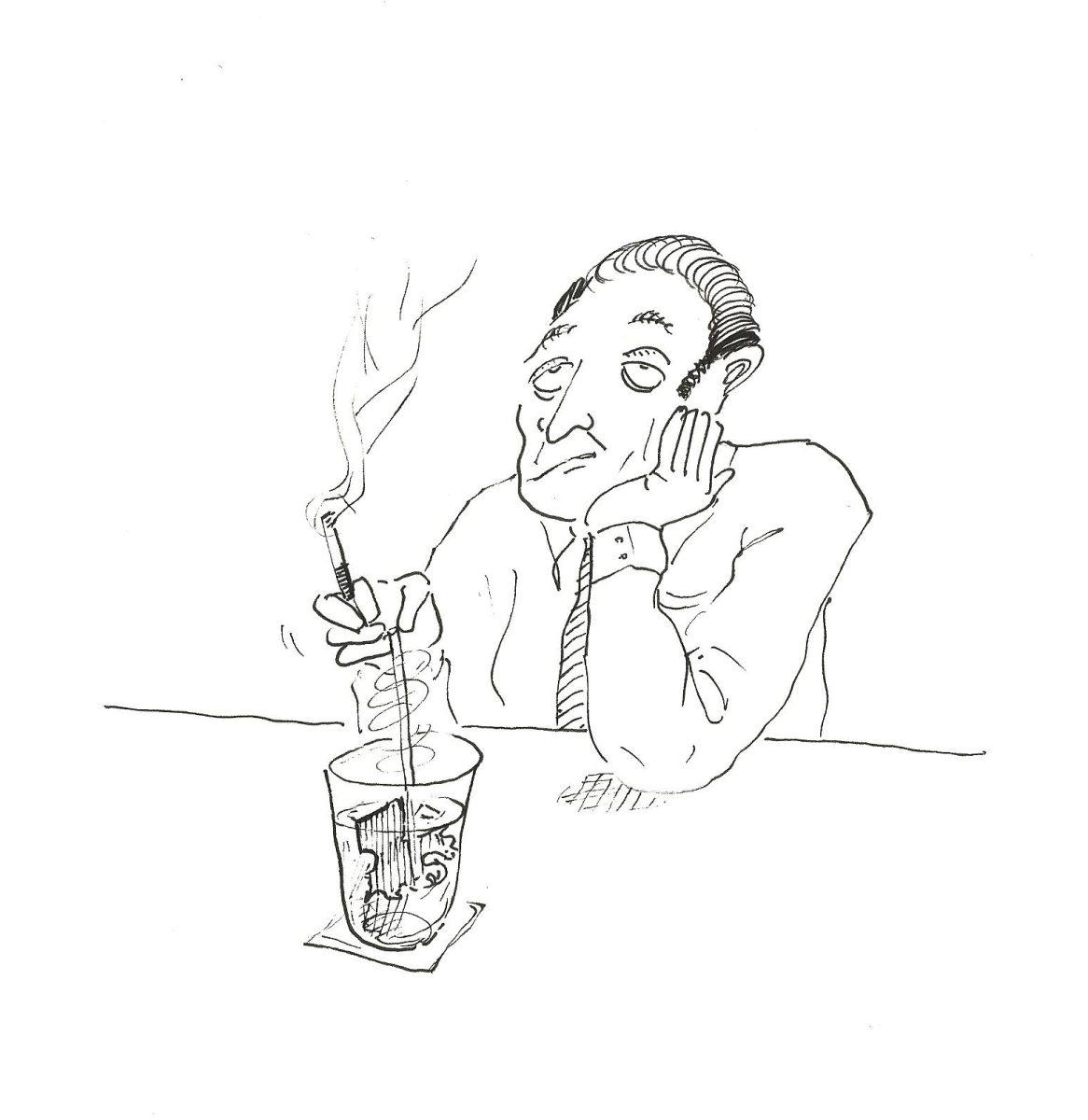Earlier this month, the Vermont Complex Systems Center released a government-funded study that calculated the happiest and saddest states and cities in the U.S.
You must be thinking, Mardi Gras was earlier this month as well as Superbowl XLVII in New Orleans, plus we’re still riding the Superbowl XLIV high, and our food will always be better than anywhere else.
We live in the Sportsman’s Paradise. According to Forbes, we’re the best place for new businesses. Year after year, we maintain an unemployment that is well below the nation’s average. Seems like Louisiana should be considered a pretty happy state, right?
We’re the saddest state, according to the study.
How did they determine this? Twitter.
The study was based off tweets that included targeted words. Words like “damn,” “boo,” “ugly” and “hate” deemed a tweet as sad. Evidently, we tweet those words more than any other state.
These words obviously have negative connotations, especially how all of this data was taken: isolated and out-of-context.
For instance, I use the word “boo” quite often, usually accompanied by a smile and a wink. Though maybe the result often leaves me with a sore cheek and in search for other conversation, if you take it in context, I’d still describe myself rather happy at the time.
One word to determine happiness was “rainbow.” Whichever state happened to mention “rainbow” somewhere in its tweet scored high on the happiness chart.
Is it surprising Hawaii was concluded to be the happiest state? Think about how many times someone sees a rainbow in Hawaii. It may have an unfair advantage being a string of Pacific Islands.
Other words to distinguish a happy tweeter include “love,” “beauty,” “hope” and “wine.”
Why not “beer” or “booze?” Imagine how many times those words mentioned in elated tweets from Louisiana this month.
The researchers also erred in this happiness study in other ways than targeting words out of context.
For one, they live in Vermont, where apparently a word like “hope” means you’re much happier than the drunk, swearing, tweeting Cajun.
Taken out of context, the word “hope” would seemingly resemble something more like a plea that there is still a chance, a little more pathetic or despairing than happy.
Utilizing Twitter in this type of search is quirky and trendy, but about as reliable as a two-legged mule.
Although Twitter is a spectacular place to find news stories, some breaking, some not, it is among other things a wealth of useless knowledge and pointless noise.
Social media is about the least reliable resource to determine the psychological status of anyone because it is incredibly hard to be honest on social media — no matter how sincere one tries to be.
Social media lives on the vanity of the individual person through the notion that someone actually cares about what another person is thinking at that particular moment.
The fundamental lesson here is that it’s hard to be honest with yourself, much less 202 followers. So how could it be considered credible to cite a social media outlet as a source? Is it ever credible?
But apparently, those virgin-mouthed-Vermonters still claim that we are the saddest state because the soap our mothers put in our mouths didn’t teach us anything.
I’d like to say I’m not buying, but in a way, we all did. It was a government-funded study.
Perhaps the researchers at the University of Vermont just need to change their adjectives. Louisiana may possibly be the most angry state with Roger Goodell.
#rainbows #theresstillHOPE
#iHATEeveryDAMNstateotherthanLouisiana





